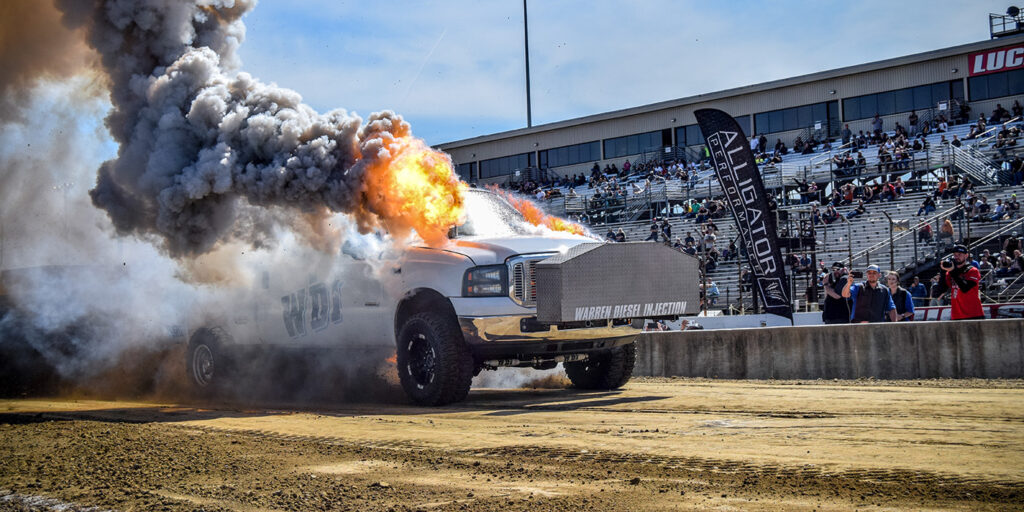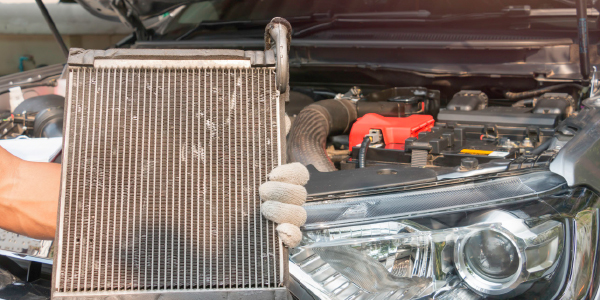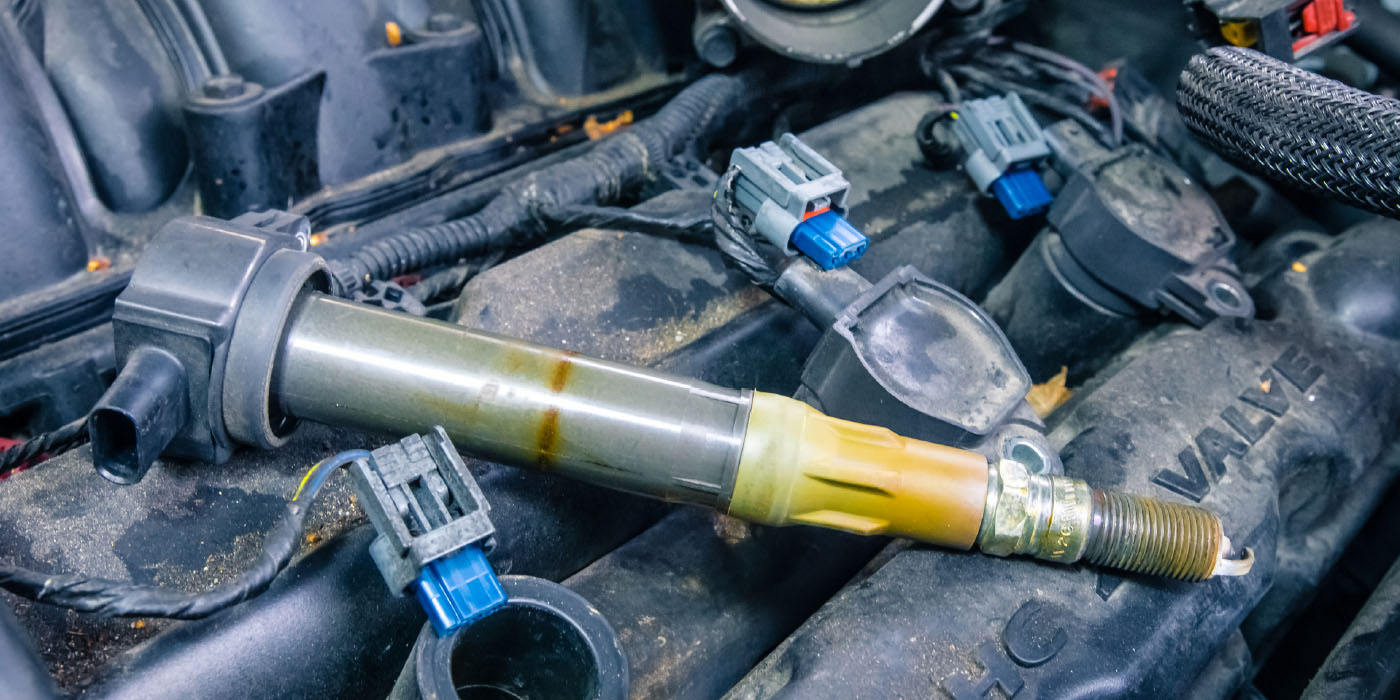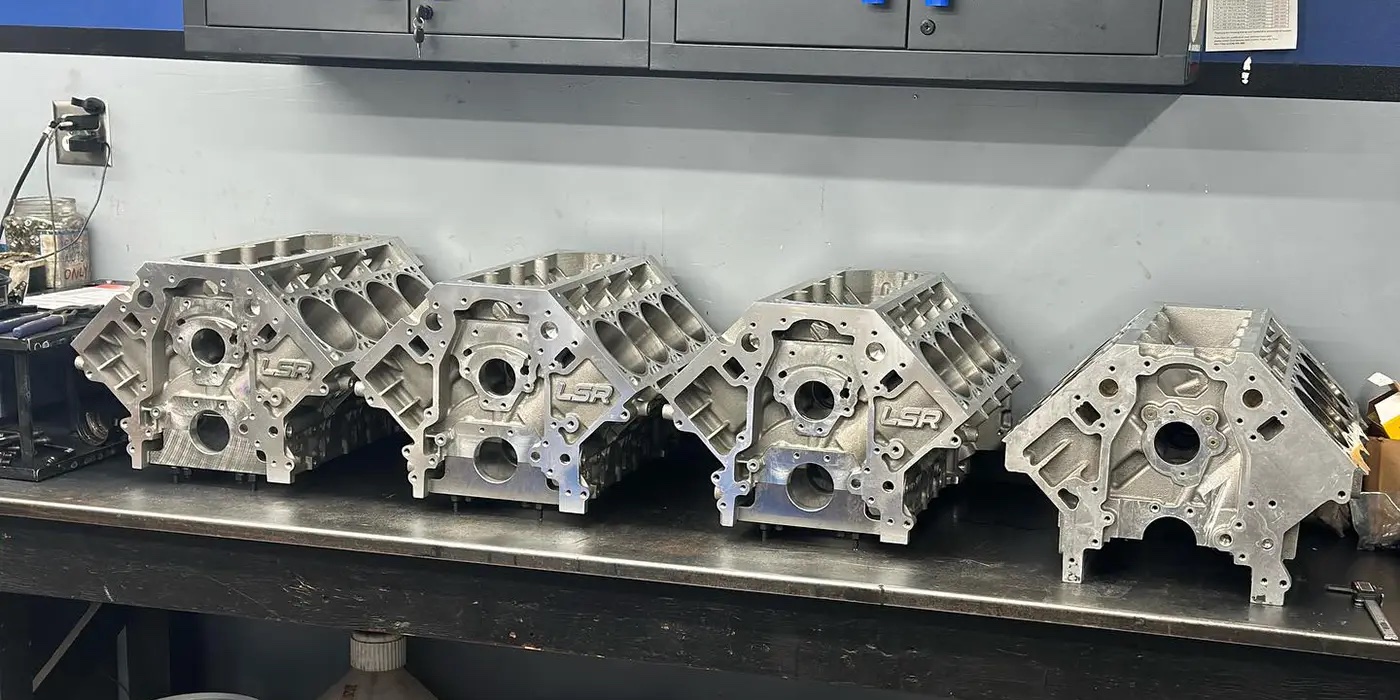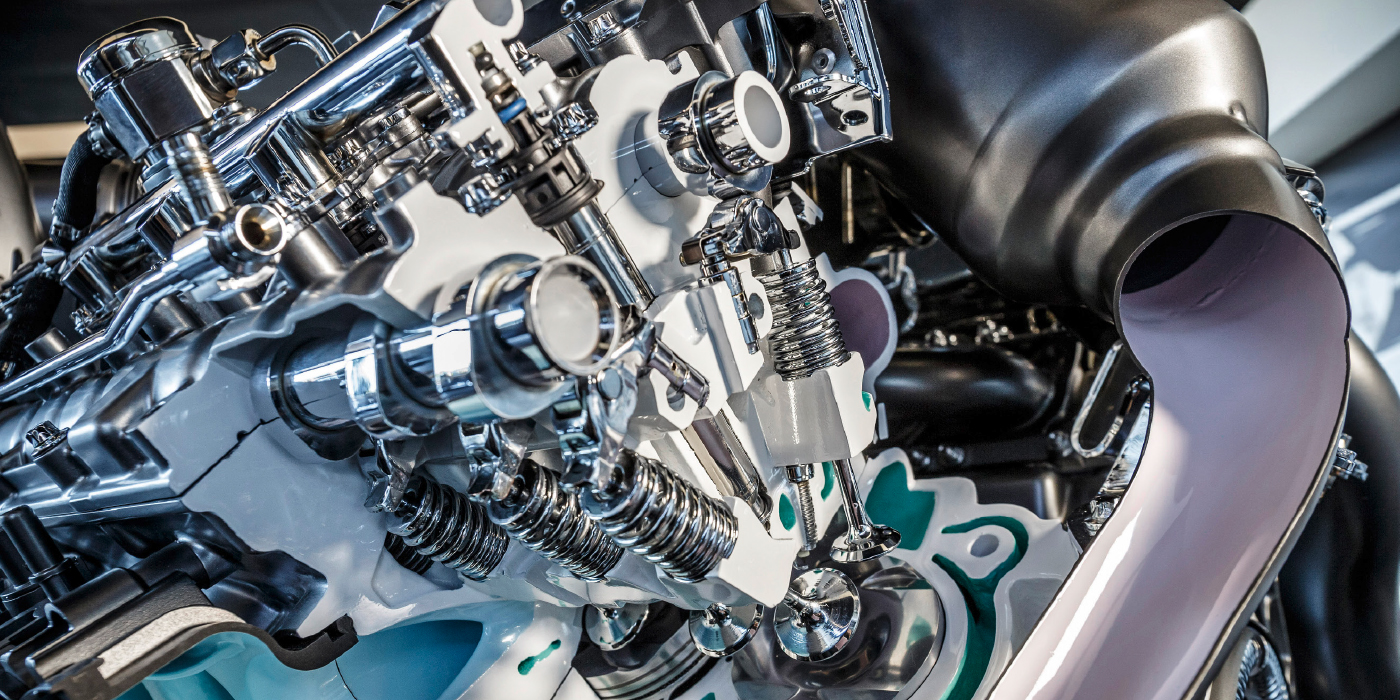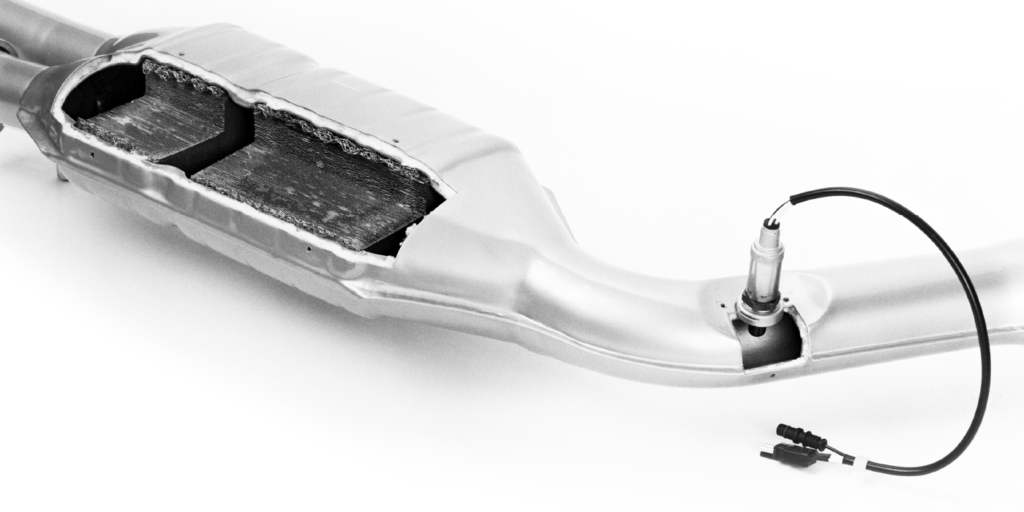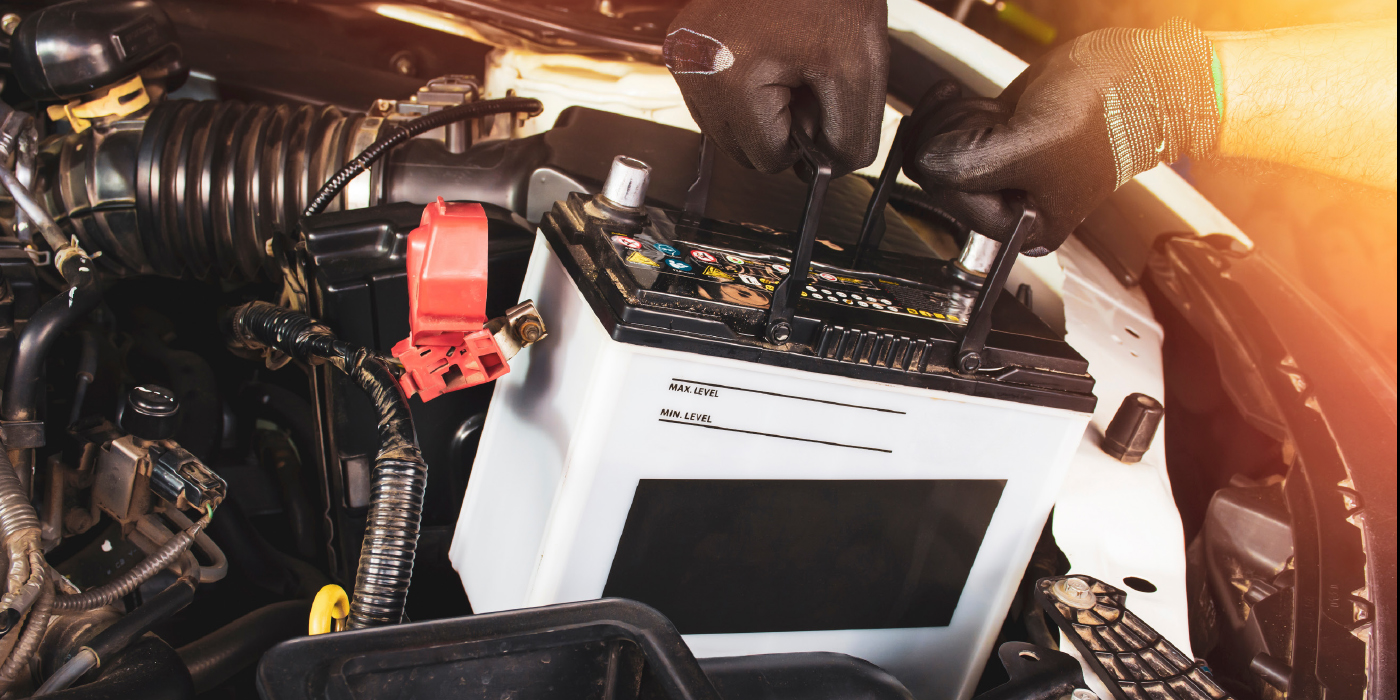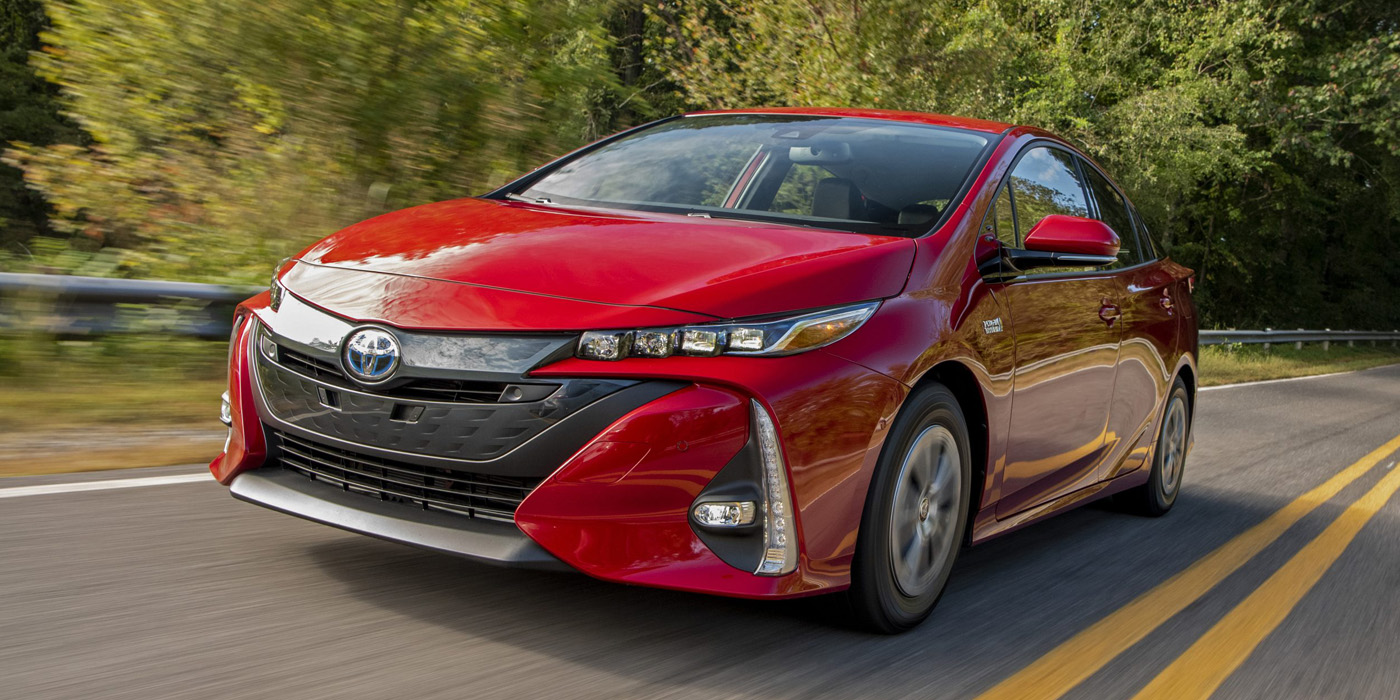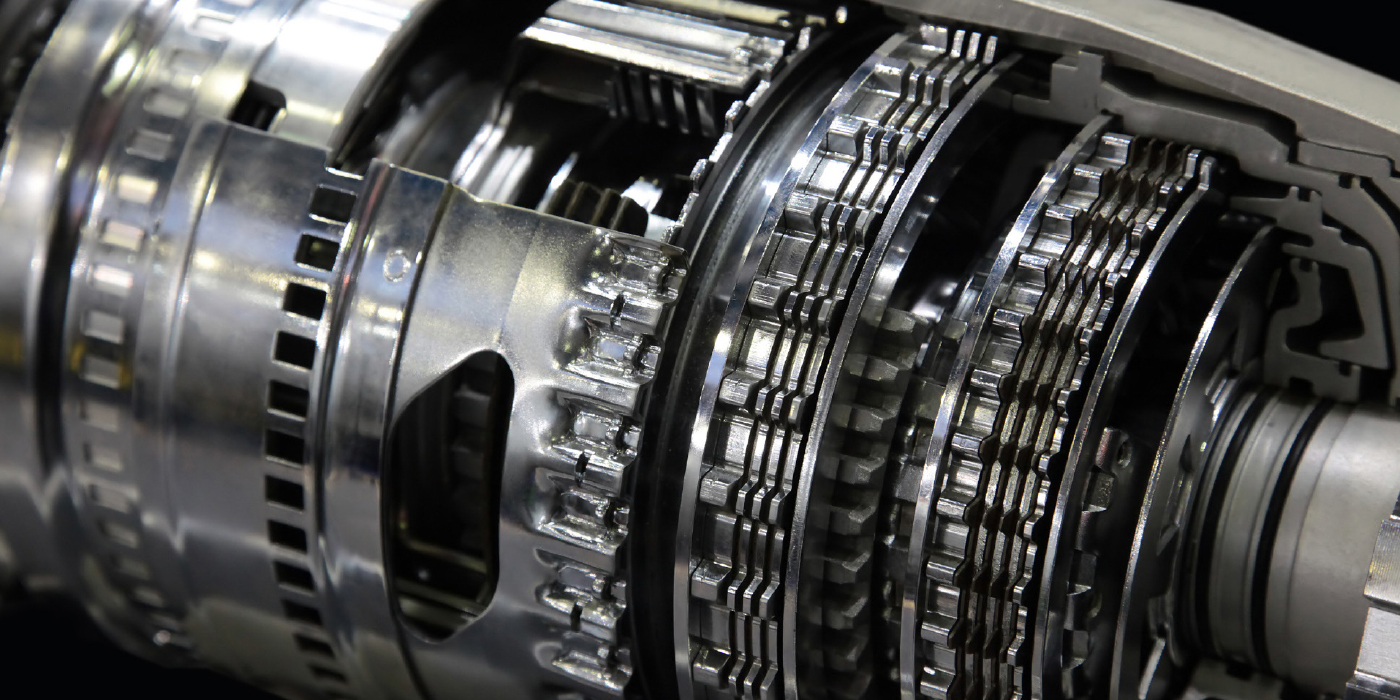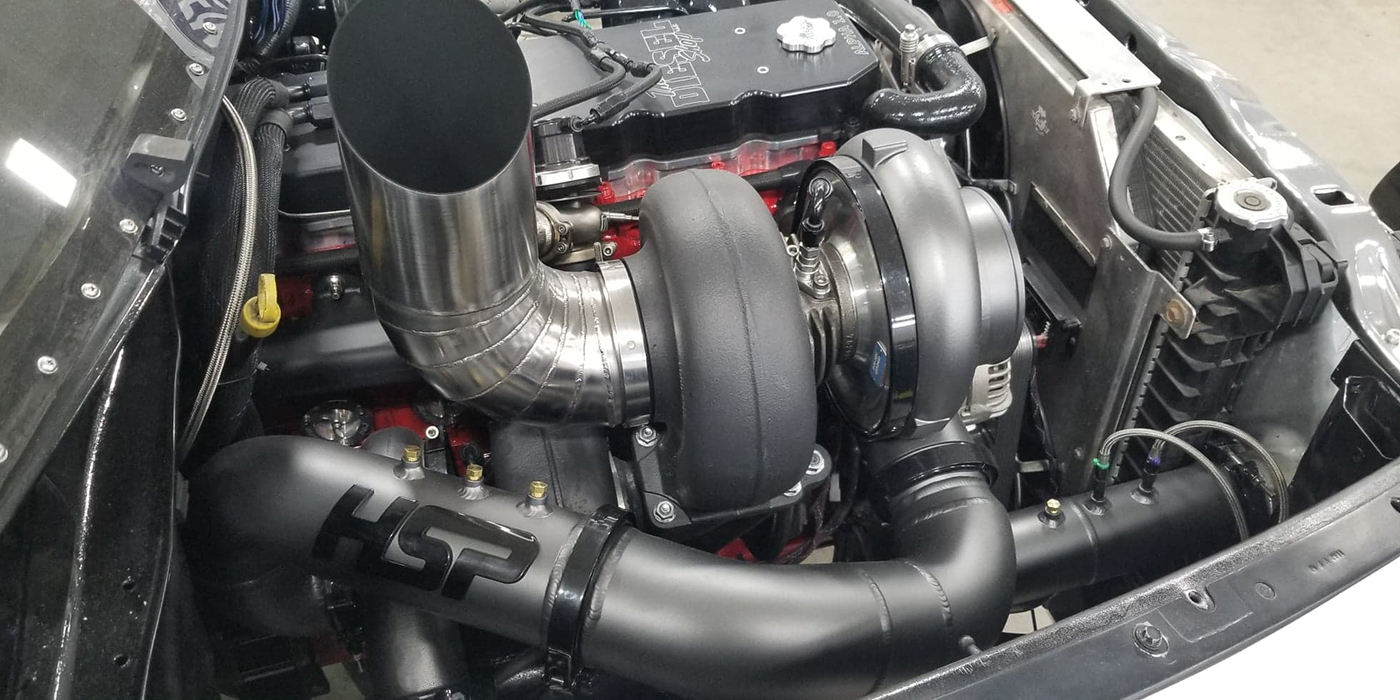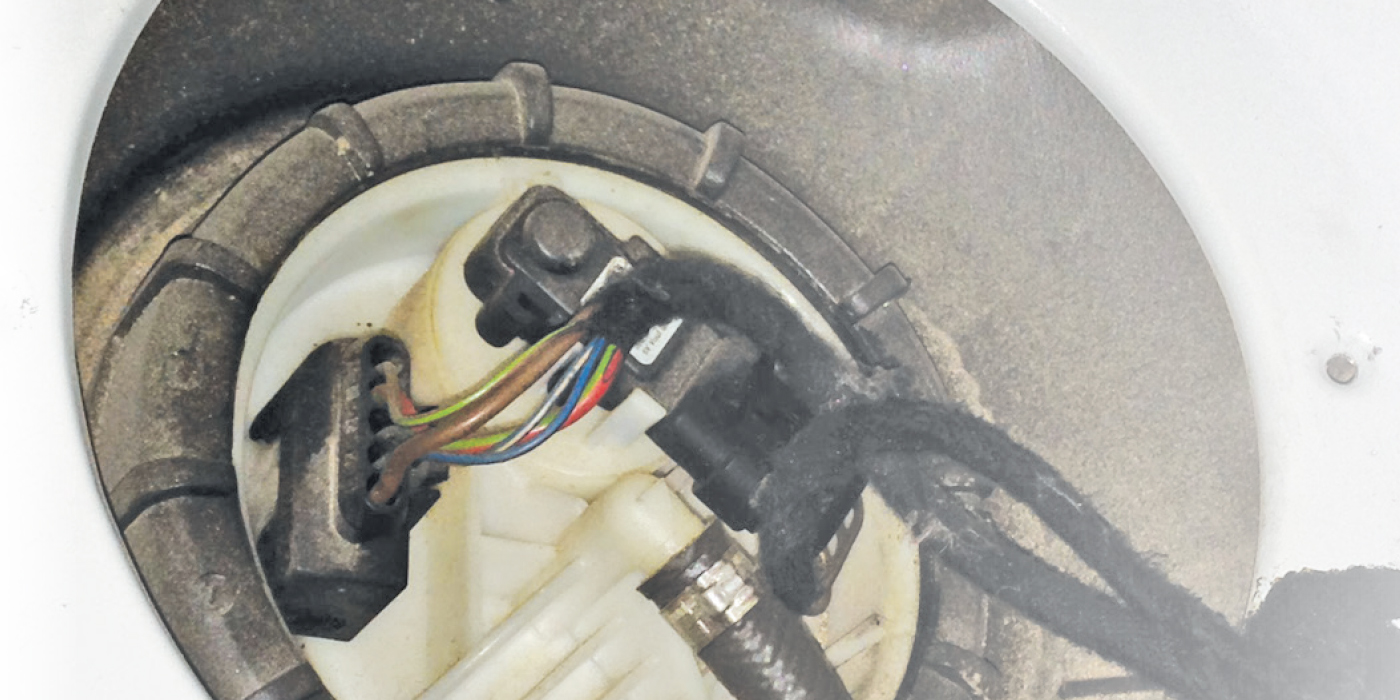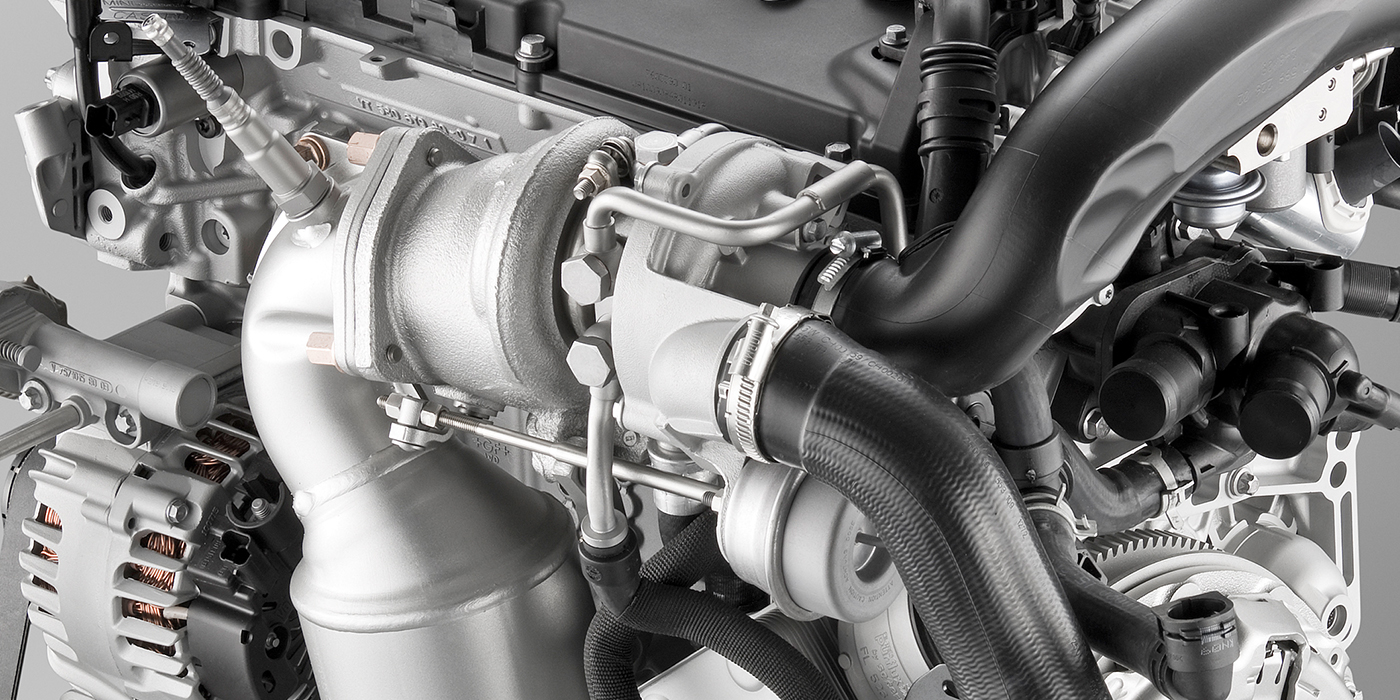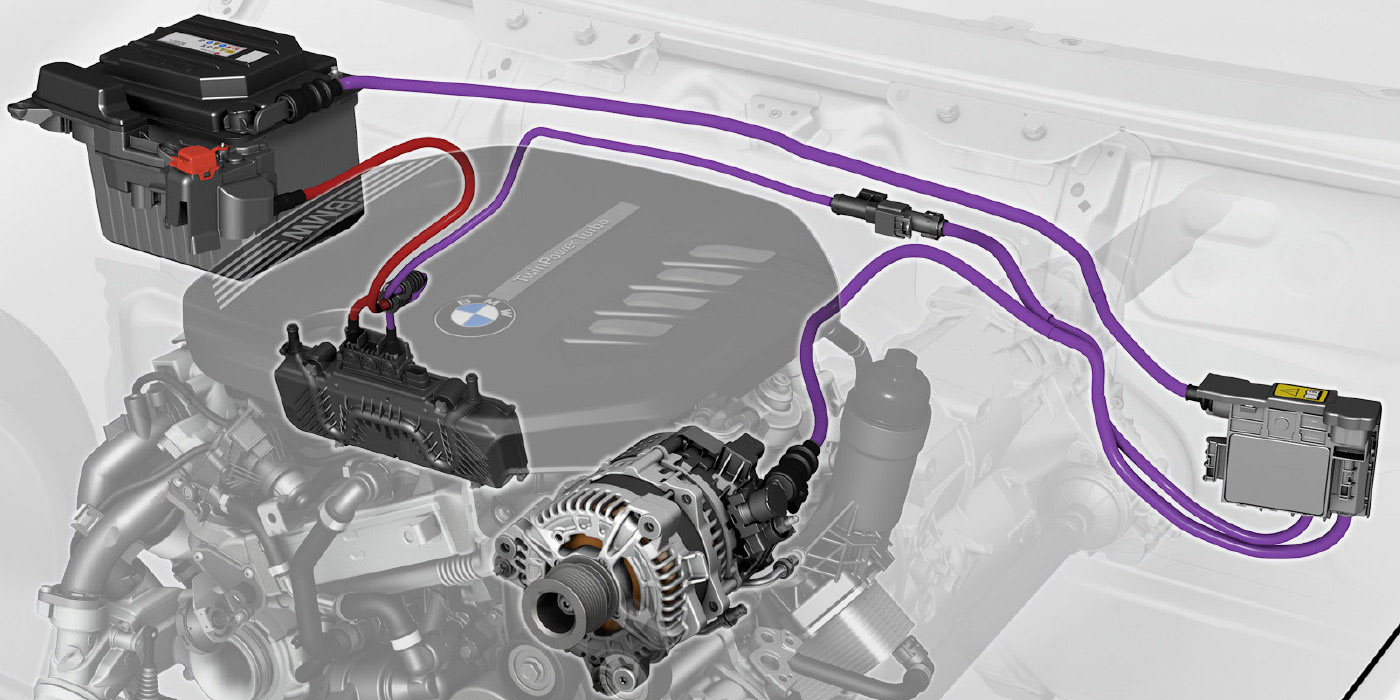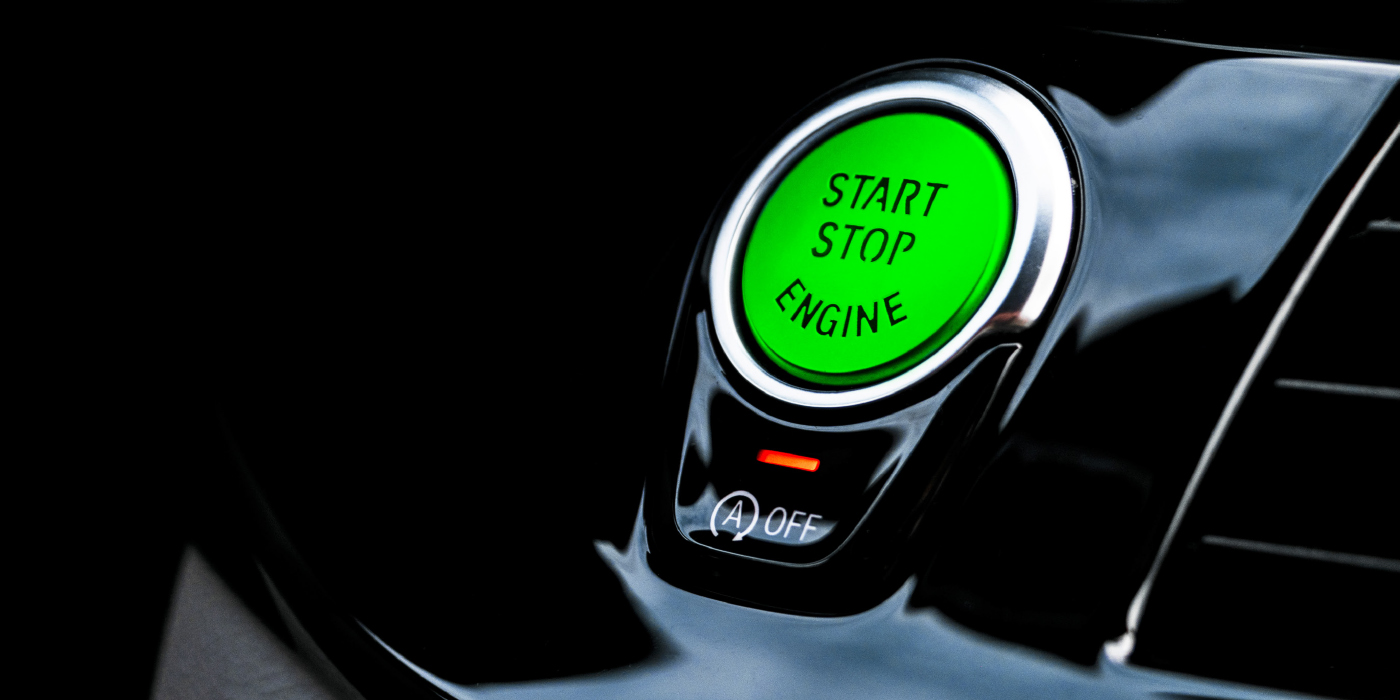Every so often, something comes around at exactly the right time, portraying exactly what people want and it becomes a hit. That may be a song, a movie, a moment in sports, or an event, but they become instant successes for one reason or another. If you ask the folks behind the Ultimate Callout Challenge how their three-day diesel event has become what it is today, they’d tell you they captured lightning in a bottle, and have been building on that success ever since.
“We always refer to it as a lightning in a bottle event,” says Chris Searle, the marketing event coordinator for the Ultimate Callout Challenge (UCC). “It was a huge hit. It was perfect timing. It blew up on the internet and the diesel industry just loved it. It was something new and exciting.”
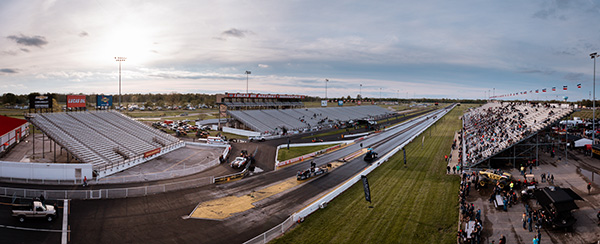
Today, most people know the UCC as the event that pits competitors against one another in drag racing, a dyno competition and sled pulling – all done with one truck per competitor. How the event came to be is another story.
“The birth of the Ultimate Callout Challenge happened in 2016,” Searle says. “In early 2014-2015, everybody was going for big dyno numbers. Out here [in the mountain west of Idaho Falls, ID], we had several trucks putting down large dyno numbers and the guys in the Midwest were saying they’re compensating the numbers for elevation and those are not true numbers – it was that back and forth the diesel industry has. It’s very competitive and always has been. James Brendle decided to have an event to bring everybody to the same location and figure out who has the ultimate truck.”
Today, James Brendle owns the UCC, and it has since become one of the diesel industry’s premiere events, and really one of the pinnacles of showcasing competitive diesel performance. The concept behind the event was competitors would bring one truck to participate in a truck triathalon of sorts. It has to drag race, do a dyno competition and sled pull. Each event awards a winner and an overall winner would be crowned to finally put to bed who had the biggest, baddest truck in the country.
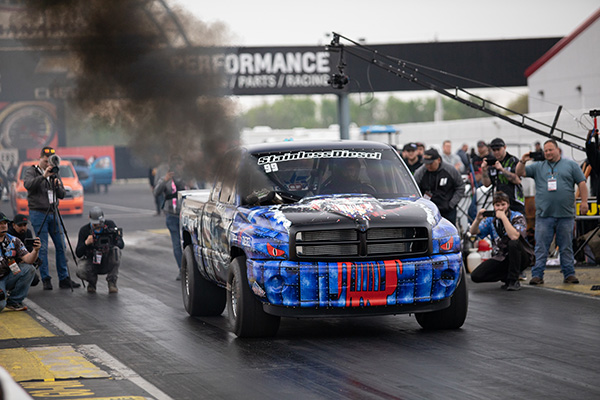
We recently caught up with Chris Searle ahead of the 2021 UCC competition and Diesel Performance Industry Expo (DPI Expo), to get the inside scoop about the event’s success and infamy within the diesel industry.
“The first Ultimate Callout Challenge happened in 2016 in Salt Lake City, UT,” Searle says. “In planning for 2017, we decided that Utah didn’t have a track big enough to host the whole event. We were actually doing it in multiple locations in 2016. We had 12 vendors that showed up the first year and we were moving them from a drag strip and moving them out to another place to do the sled pulls and the dynos. We decided we needed to locate a track that was big enough to host the whole event. We also wanted to do a diesel exclusive expo, similar to a SEMA or a PRI, just for the diesel industry.
“In 2017, we decided to move the UCC to Lucas Oil Raceway in Brownsburg, IN. That was also the year we started the DPI Expo that coincides with the UCC where we bring out vendors for the fans to shop and walk through and see what’s new. It gives the fans a SEMA experience. We wanted to create that atmosphere.”
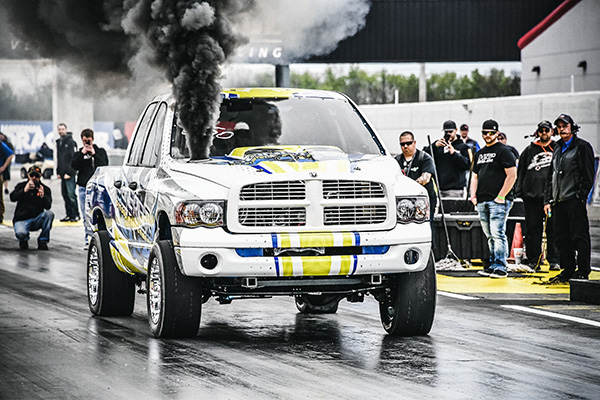
The move and the expansion of the event paid off. From ‘16 to ‘17, the UCC went from 8,000 fans to 12,000 fans, and from 12 vendors to 60 vendors. In 2018, the event introduced a Show & Shine competition and the expo jumped up to nearly 100 vendors.
“We still had the same concept behind the event – one truck doing everything,” he says. “We just added more for fans to do and see, and we’ve been very blessed and very lucky that the diesel industry and the fans have gotten behind it.”
For 2019’s UCC and DPI Expo, the event went one step further and brought out the Outlaw Diesel Super Series (ODSS) to showcase their diesel drag racers alongside the UCC competition, which grew the event even more. And looking to what would have been the event’s fifth year in 2020, Searle says they had huge plans, but the pandemic postponed all that to 2021.
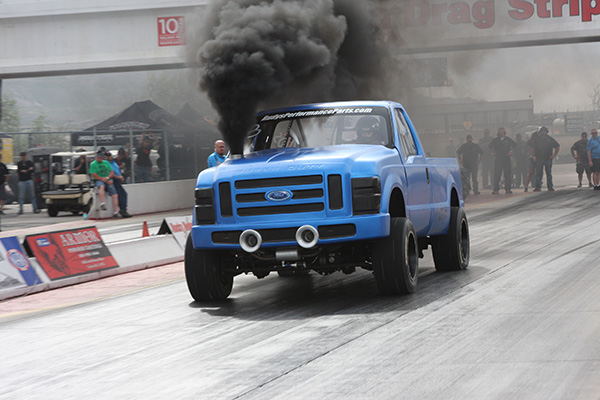
“Last year was supposed to be our fifth year of the event, so we were going to try to make it even bigger, which we have been able to, it’s just been a longer process to do it,” he says. “Now, we’ve started to add things where the fans can start participating. Prior to this year, it was just these top drivers performing. The new event in 2021 will have a fan dyno competition, a huge 100’ x 80’ burnout box for a burnout competition, a Show & Shine, and we teamed up with Firepunk and merged their event into ours. We now have a full ODSS race event at UCC, as well as, of course, the UCC event competitors going at it.”
The 2021 event will take place from May 21-23 and includes three full days of diesel motorsports action. The UCC competition, the ODSS drag racing, the fan events, and the DPI Expo occur throughout the weekend. A question many likely have is how do you become a UCC competitor?
“Our UCC competitors are by invitation,” Searle says. “We always try to have some of the veterans come back, but we also watch to see who the new up-and-comers are, whether they are competing in ODSS or King of the Streets or in some other diesel competition. We follow that stuff and extend an invitation when we feel they could actually compete and put on a show. We had 30 competitors for 2021, but with the Canadian border being closed, we had a couple of competitors who won’t be able to make it. We have 27 competitors now.”
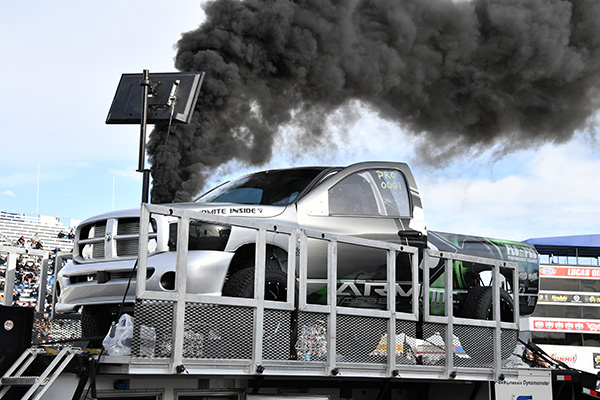
UCC is limited to 30 competitors due to the timing for each event. Chris says they just don’t have enough time to open the UCC up to very many more. However, with nearly 30 trucks on hand, the competition is extremely fierce, and this year may be the toughest competition yet.
“The key with the UCC is the best overall truck,” he says. “The dyno is really your only neutral ground. Some guys have a drag racing truck. Others have a pulling truck. For the drag strip, the trucks need to be light, quick and fast down the track. For the sled pull, they need the torque and the weight.”
According to Searle, the UCC drag racing is different than normal drag racing because they get scored on their fastest time. It’s not head-to-head. Competitors can go down the track as many times as they want in an attempt to get their fastest possible time.
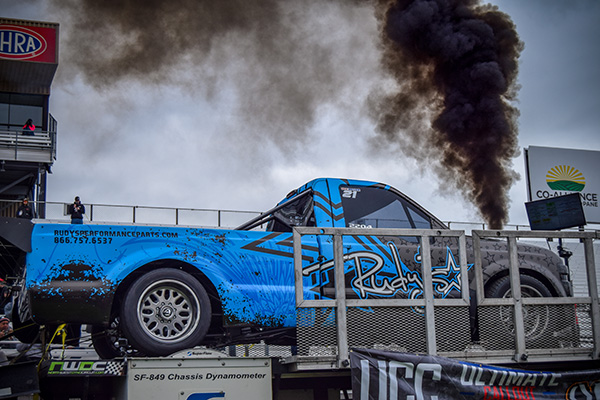
“What makes a great UCC truck is really the team that’s behind it and how they alter that truck each night to affect the event that they’re participating in,” he says. “It’s like a triathlon. It really boils down to the team, because it’s such a commitment with the wear and tear of competing all day and then being up all night to change driveshafts or set ups for the next day’s competition.”
This year’s field is really tough and is filled with a lot of good names, according to Searle. He points out that veterans are always tough to beat, but newcomers will be competitive too.
“The new guys are tough because they come in with such passion that sometimes they just surprise you,” Searle says. “It’s going to be a hard year this year to pick a winner. In years previous, I don’t want to say it was easier, but you had a little bit more separation as people were dialing in what it took to be a UCC competitor. This year, people know what it’s going to take to be more competitive.”
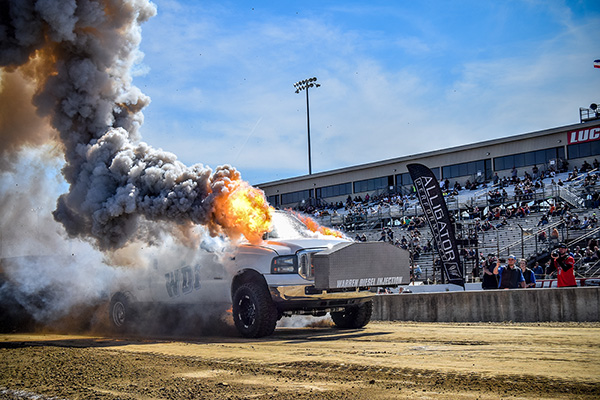
If you’re truck is still standing at the end of the three days, you likely have a good shot at some prize money.
“We pay out for each individual event for the top five spots,” he says. “First place is $5,000, then $4,000, $3,000, $1,000 and $500. Those prizes are paid out for whoever wins the dyno, the drag race and the sled pull. Then we do an overall payout where we pay the top seven spots – it’s $20,000 for first, $10,000 for second, $8,000 for third, $6,000 for fourth, $4,000 for fifth, $2,000 for sixth, and $1,000 for seventh.”
What the weekend amounts to is three days of diesel bliss that no other event can currently emulate. The Ultimate Callout Challenge has carved its niche and the fans have embraced it.
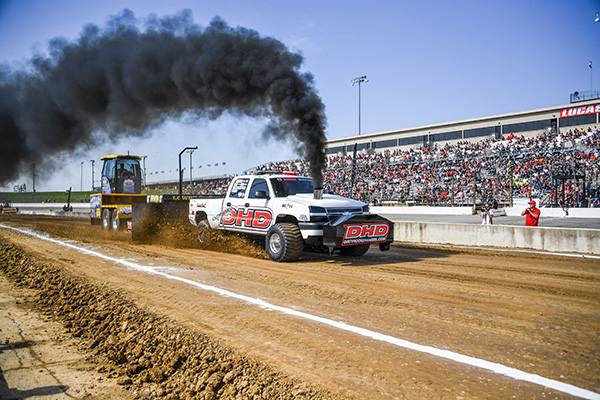
“It’s fun seeing the industry get behind us,” Searle says. “It’s a big event, but we try to keep it simple. We try to make it about the fans, the competitors, the industry, and that’s how we make our decisions each year.”
UCC 2021 results:
2021 UCC Drag Racing Results
| Driver | Time | Place | ||
|---|---|---|---|---|
| 1 | [7] Tony Burkhard | 5.115 | ||
| 2 | [13] Justin Zeigler | 5.3 | ||
| 3 | [19] Tom Borrell (Turba Tom) | 5.336 |
2021 UCC Dyno Results
| Place | Driver | Order | Score | HP | Torque |
|---|---|---|---|---|---|
| 1 | [13] Justin Zeigler | 16 | 880.969 | 2443.6 | 3282.7 |
| 2 | [3] Justin Andres | 5 | 865.415 | 2220.6 | 3404.6 |
| 3 | [8] Trevor Peterson | 12 | 841.092 | 2264 | 3203.1 |
| 4 | [5] Chris Buhidar | 6 | 840.000 | 2463.7 | 2996.3 |
2021 UCC Sled Pull Results
| Place | Driver | Score | Distance |
|---|---|---|---|
| 1 | [7] Tony Burkhard | 832.000 | 319.000 |
| 2 | [4] Brian Shew | 817.900 | 314.300 |
| 3 | [8] Trevor Peterson | 801.130 | 308.710 |
2021 UCC Overall Results
| Driver | Score | Drag | Dyno | Pull | |
|---|---|---|---|---|---|
| 1 | [13] Justin Zeigler | 2467.019 | 840 5.3 | 880.969 2443.6 hp – 3282.7 tq | 746.050 290.350 |
| 2 | [5] Chris Buhidar | 2410.150 | 796.2 5.519 | 840.000 2463.7 hp – 2996.3 tq | 773.950 299.650 |
| 3 | [7] Tony Burkhard | 2395.969 | 877 5.115 | 686.969 2104.7 hp – 2360.6 tq | 832.000 319.000 |
This article courtesy of Engine Builder magazine.

